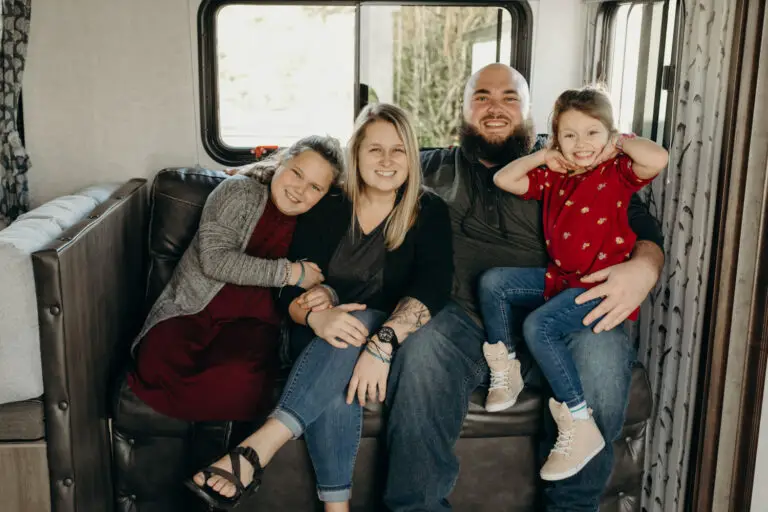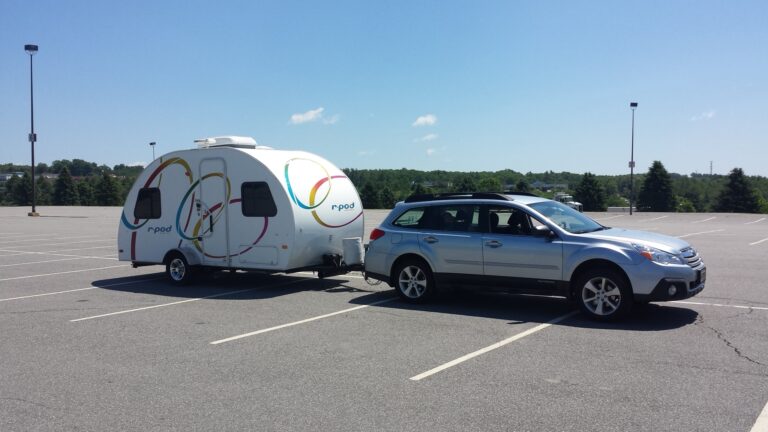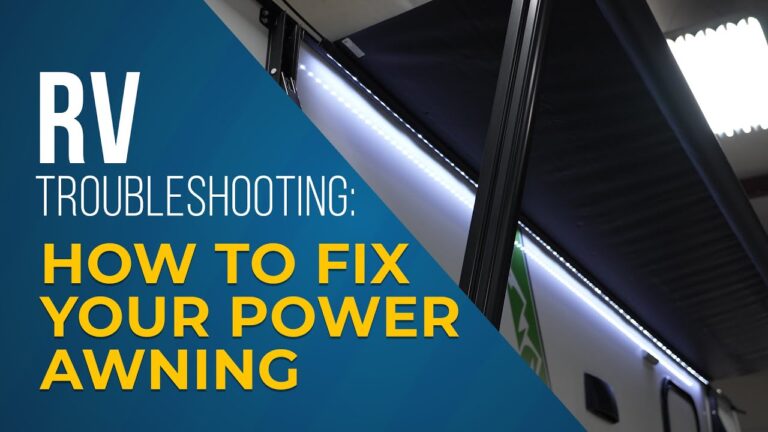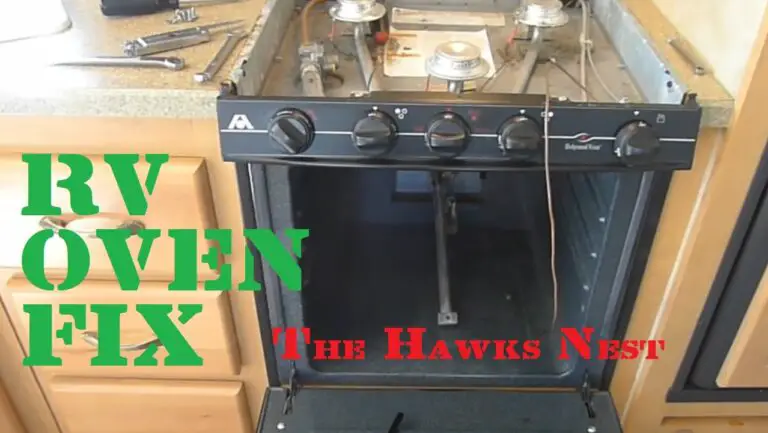RV Refrigerator Not Working
Rv refrigerator not working? Troubleshoot it by checking the power supply and thermostat settings.
A malfunctioning RV refrigerator can quickly derail your travel plans and lead to spoiled food. If your fridge is not working, it’s crucial to address the issue promptly. We discuss common problems that can cause an RV refrigerator to stop working and provide essential troubleshooting steps to help you resolve the issue.
By following these simple steps, you can potentially save time and money by fixing the problem yourself, or at least gain a better understanding of the issue before seeking professional help. So, let’s delve into the various factors that can lead to an RV refrigerator not working and explore the practical solutions available.
1. Insufficient Cooling
Rv Refrigerator Not Working
If your RV refrigerator is not working properly, it can be quite frustrating. One common issue is insufficient cooling, where the temperature inside the refrigerator is not dropping below a certain level. This can be due to a variety of reasons, such as a faulty thermostat or a problem with the cooling unit. To troubleshoot this, first, check the thermostat settings and ensure they are set to the desired temperature. If the temperature is still inconsistent inside the refrigerator, it could indicate a problem with the cooling unit. Another issue could be the freezer not freezing food properly, which may be caused by a blockage in the airflow or a malfunctioning condenser fan. Cleaning the condenser coil and ensuring proper airflow can often resolve this problem. If the problem persists, it is best to consult a professional RV technician for further assistance.
2. Failure To Turn On
If your RV refrigerator is not turning on, it could be due to a lack of power supply. Check if the refrigerator is plugged in and the power cord is securely connected. Additionally, make sure the power outlet is functioning properly by plugging in another device. If there is still no power supply, the issue might be a blown fuse or a tripped circuit breaker. Locate the fuse box or circuit breaker panel and inspect the fuses or breakers related to the refrigerator. Replace any blown fuses or reset any tripped breakers. If the problem persists, it is recommended to consult a professional RV technician to diagnose and fix the issue.
3. Gas Refrigerator Issues
A gas refrigerator not working can be caused by a variety of issues. Gas supply problems are a common culprit. Ensure that the gas supply is turned on and there are no blockages in the gas line. If the gas valve is not functioning correctly, it may need to be replaced or repaired. This valve controls the flow of gas to the refrigerator and if it is stuck or damaged, it can prevent the refrigerator from cooling properly. Another possible issue is a malfunctioning burner or igniter. The burner is responsible for generating the heat necessary for the refrigerator to cool. If the burner is dirty or the igniter is faulty, it can lead to a lack of cooling. Regular maintenance and cleaning of these components can help prevent these issues from occurring.
Frequently Asked Questions Of Rv Refrigerator Not Working
Why Is My Rv Refrigerator Not Cooling?
There are several possible reasons why your RV refrigerator is not cooling. It could be due to a lack of power, a faulty thermostat, or a blocked ventilation system. Check the power source, ensure the thermostat is set correctly, and clean any debris from the ventilation system to troubleshoot the issue.
How Can I Fix My Rv Refrigerator Not Cooling?
To fix an RV refrigerator that’s not cooling, try these steps:
1. Check the power source and ensure it’s connected and supplying the required electricity. 2. Verify that the thermostat is set to the desired temperature. 3. Clean any dust or debris from the condenser coils and ventilation system. 4. If the issue persists, consult a professional for repairs or replacements.
Why Is My Rv Fridge Running But Not Cooling?
If your RV fridge is running but not cooling, it could be due to a few factors. First, ensure the fridge is level, as an unlevel position can affect its cooling efficiency. Secondly, check the condenser and evaporator fans to see if they are functioning properly.
Lastly, inspect the cooling unit for any leaks or blockages that may be impeding its performance.
Conclusion
To ensure your RV refrigerator is functioning properly, it’s essential to keep up with regular maintenance and troubleshooting. By following the tips and steps outlined in this blog post, you’ll be equipped to diagnose and fix common issues that arise.
Remember, a malfunctioning refrigerator can put a damper on your RVing experience, so take the time to address any problems as soon as possible. With proper care, your RV refrigerator can continue to keep your food fresh on all of your adventures.
Happy RVing!





